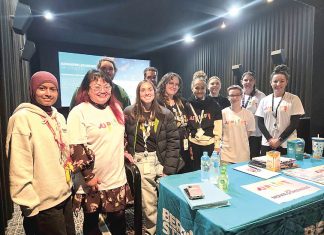THE current model used to attract and retain doctors in regional areas, including Gippsland, is flawed and should be replaced, according to a Senate Committee Report just released.
Past weeks have seen the emergence of various reports, aimed at highlighting the challenges of luring medical specialists to regional and rural areas.
A University of Melbourne study found financial incentives provided to city doctors willing to relocate to country areas were inadequate.
The study, Getting Doctors into the Bush: GP’s Preferences for Rural Location, surveyed almost 4000 doctors and found of the small percentage prepared to consider a country move, incentives would need to be somewhere between $16,000 and $200,000.
It prompted Federal Member for Gippsland Darren Chester to step up his campaign for “additional government funding to attract and retain the rural workforce”.
He said the Rural Relocation Incentive Grant Program gave a doctor who moved from Melbourne to an area classified as “inner regional”, under the existing classification system, $15,000 over two years.
Nationals Senator for Regional Australia Bridget McKenzie, part of the recent Senate inquiry into Factors Affecting the Supply of Health Services and Medical Professionals in Rural Areas, told The Express there was bipartisan agreement the current incentive model needed to change.
The 10-month inquiry gathered evidence from all over regional Australia and considered 132 submissions, finding “substantial” increases in trainee general practitioners were needed in regional areas but professionals were “turned off” relocation to regional areas “due to professional development, income and accommodation issues”.
The inquiry also heard “an increasing number of medical students prefer to specialise rather than pursue general practice”, leading the Australian College of Rural and Remote Medicine to warn more GPs with advanced general skills were vital for the “decent health care” of regional and rural communities.
Senator McKenzie said the report included 18 recommendations the Federal Government now needed to respond to, including “increasing the number of country kids studying medicine and allied health” potentially through secondary school-university partnerships.
“I think we have a demand-driven higher education system and there are ‘x’ amount of medical places and they (universities) take those with the highest marks but the ATAR is not necessarily an indicator of what you need to be a successful doctor. I think there needs to be more flexibility there,” Senator McKenzie said.
Cl










